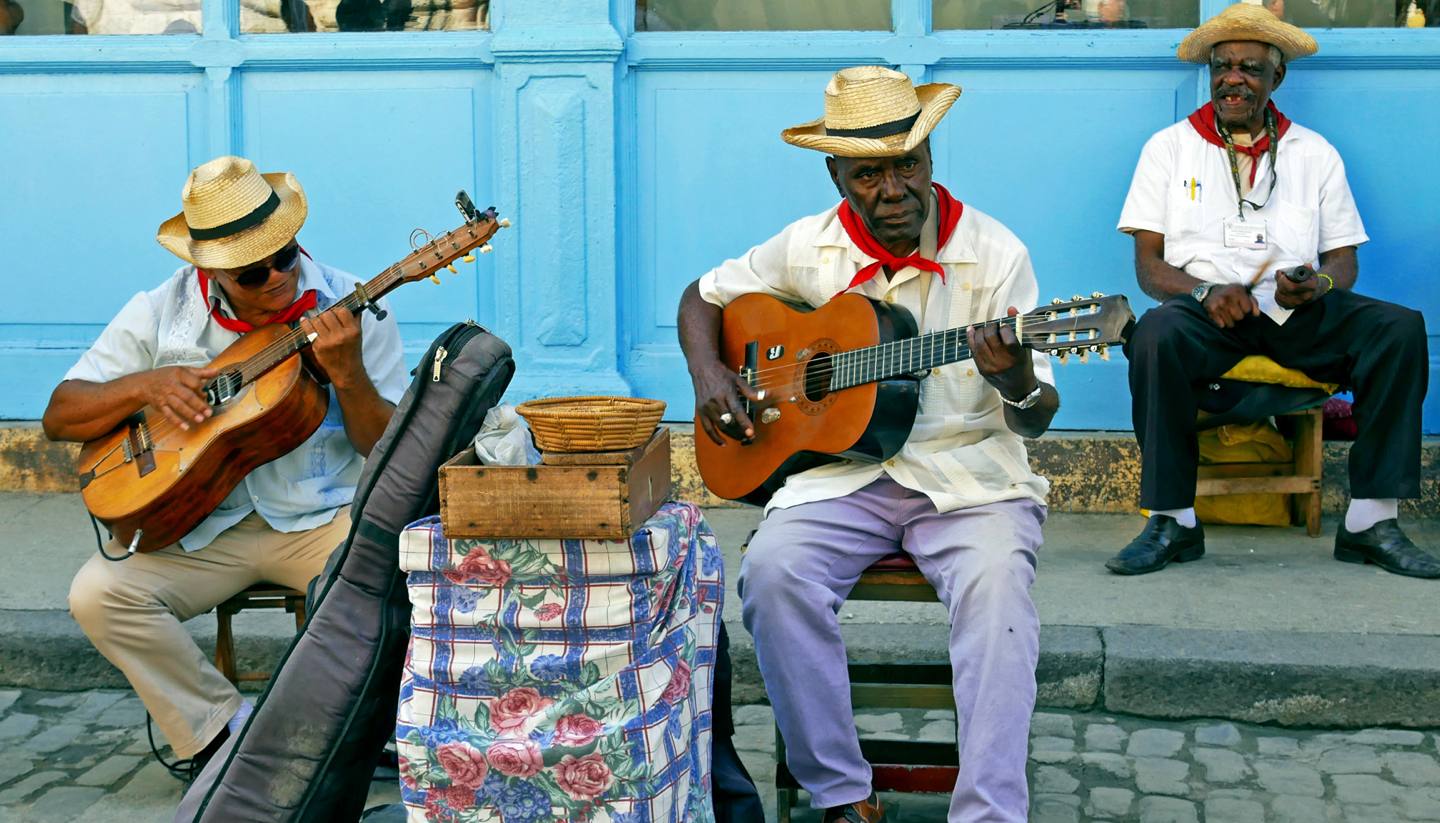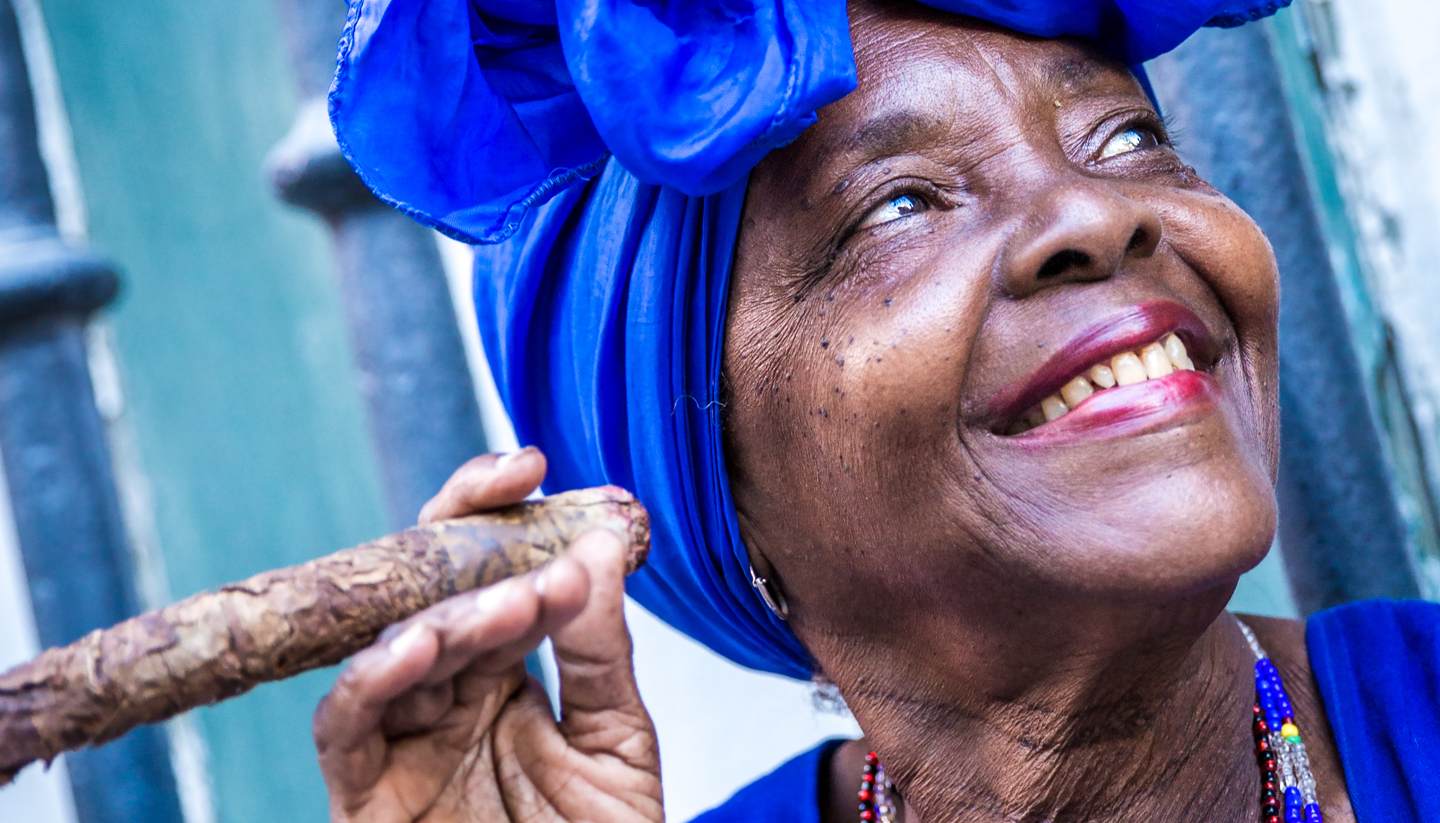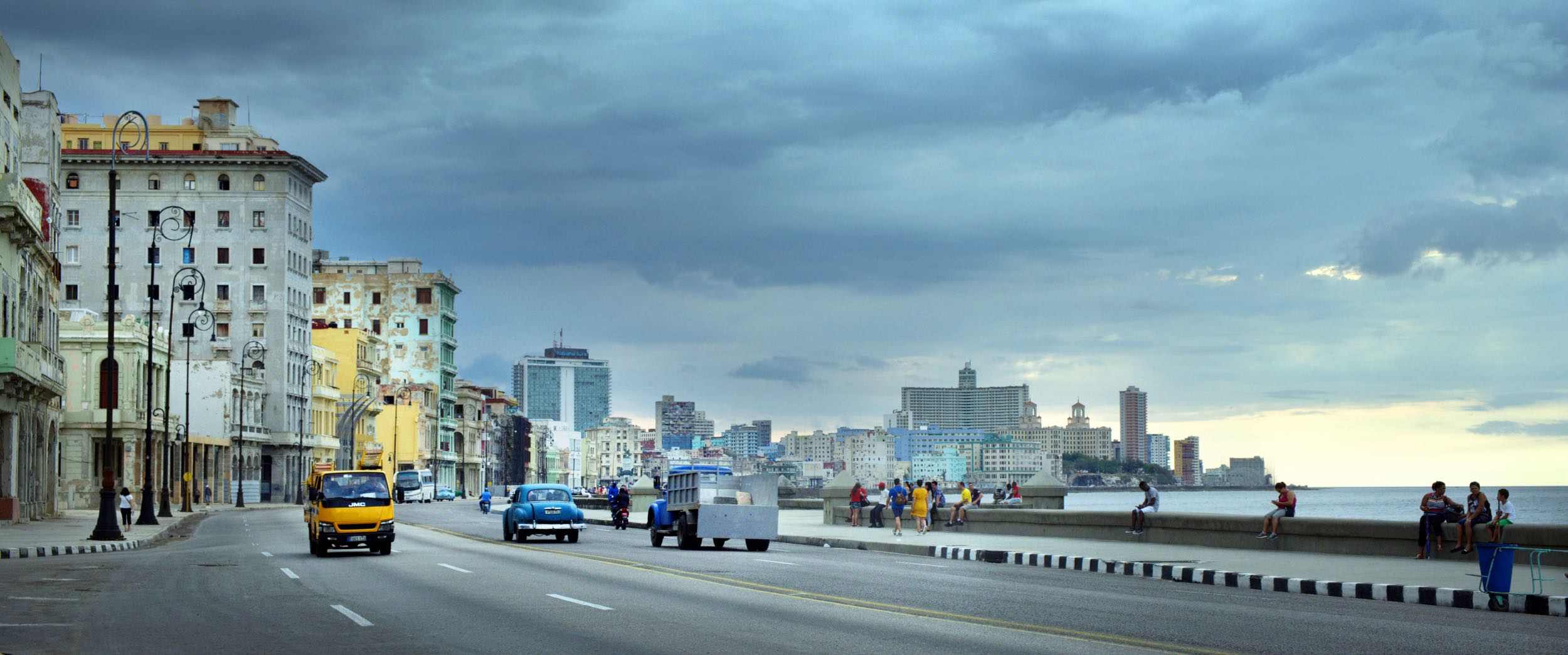Cuba Health Care and Vaccinations
| Title | Special precautions |
|---|---|
| Tetanus | Yes |
| Rabies | Sometimes* |
| Malaria | Sometimes** |
| Hepatitis A | Yes |
| Diphtheria | Sometimes* |
| Typhoid | Sometimes* |
| Yellow Fever | No |
* Potentially required if travelling extensively throughout Cuba.
Health Care
Obtain adequate health insurance before travelling. Prior to treatment, visitors may need to show proof of ability to pay. Standards of care are excellent, but equipment and drugs are often in short supply due to a trade embargo imposed by the US.
Air pollution is an issue in Cuba, with old trucks and buses emitting carbon dioxide and foul-smelling fumes. Air pollution could cause respiratory illnesses – wheezing, coughing, shortness of breath, nausea and upper respiratory infections. Wear an anti-pollution mask if you are at risk.
Food and Drink
Tap water is not safe to drink. Bottled water is ubiquitous, but boiling water is recommended to limit plastic waste. Milk is pasteurised and dairy products are safe for consumption.
Other Risks
Dengue fever may occur as well as outbreaks of dengue haemorrhagic fever and meningitis, particularly in urban areas such as Havana and Santiago. Rabies is present. For those at high risk, vaccination should be considered. If bitten, seek medical advice without delay.
Cuba is considered to have a moderate risk of Zika virus transmission. The mosquito-borne illness can be spread from a pregnant woman to her unborn baby as well as through sexual contact. The World Health Organisation recommend travellers to Cuba protect themselves from mosquito bites and suggests wearing clothes (preferably light-coloured) that cover as much of the body as possible, sleeping under mosquito nets and using repellents that contain DEET (diethyltoluamide), IR 3535 ((3- [N-butyl-N-acetyl], aminopropionic acid ethyl-ester) or KBR3023 (also called Icaridin or Picaridin).




